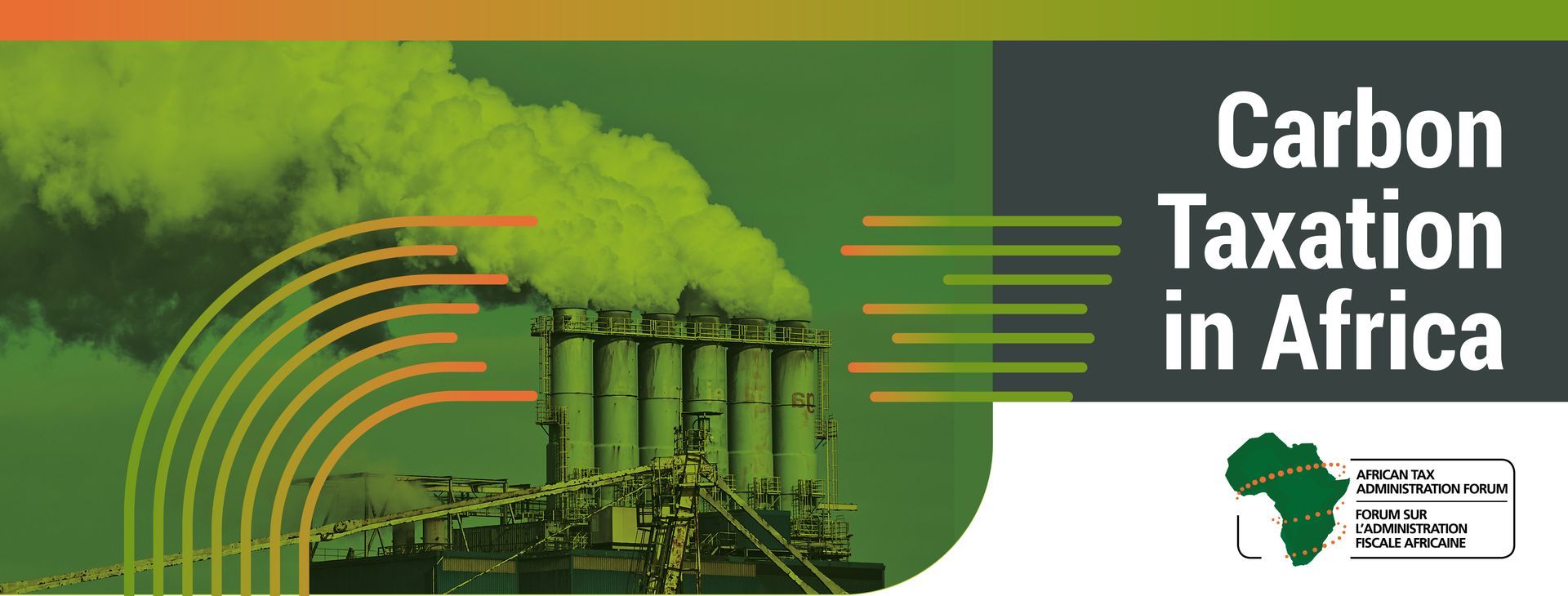ATAF Releases Policy Guidelines for Carbon Tax
The brief discusses the role of supplementary policies in achieving the climate goals, with, for example, discussing the need for countries to assess and eventually eliminate harmful fossil fuel subsidies, in line with the commitments assumed by African countries under the Glasgow Pact.

The African Tax Administration Forum (ATAF) is supporting African tax authorities with clear guidelines on how carbon taxes can be implemented in the fight against climate change.
An upstream carbon tax is simple to administer and can impact both the formal and the informal economies, a point which is particularly relevant for Africa where most countries are either middle- and low-income countries.
“Carbon taxes are amongst some of the most efficient policies in pricing carbon, particularly if employed at "choke points" at the upstream level,” said ATAF Manager: Country Programs & Rapid Response Sameera Khan.
The Carbon Tax policy brief will assist African governments in applying a carbon tax policy with a holistic approach. The brief explores the key features in the design of a carbon tax that can meet the dual objective of raising revenues while conferring a positive effect on the environment. It starts with a descriptive overview of what carbon taxes are and how they may be administered at national level, when employed either at the upstream or downstream levels. It then provides for an ample discussion of the parameters for tax rate implementation, the definition of the tax base, and revenue use considering the African context.
The brief also discusses the role of supplementary policies in achieving the climate goals, with, for example, discussing the need for countries to assess and eventually eliminate harmful fossil fuel subsidies, in line with the commitments assumed by African countries under the Glasgow Pact.
“The lack of a robust tax policy framework that accounts for the environmental damage resulting from private investment means that companies have ultimately been free riding on the environment. Carbon taxes are capable of incorporating the environmental cost of doing business to a product’s final price,” said Khan.
The application of national tax policies – such as the recently approved European Union Carbon Border Adjustment Mechanism (CBAM) – means that net exporters of covered products to the EU territory, can expect a corresponding loss in revenue accumulation ability resulting from the difference between the carbon tax imposed at domestic level (if any) and the adjustment measure employed at the border.
The policy brief seeks to ensure that African tax authorities will be prepared to meet these changes.
ENDS
For media queries including interviews:
Contact person:
Refilwe Pitjeng – ATAF Communications Coordinator
Phone: +27 66 217 9126
Email: rpitjeng@ataftax.org










